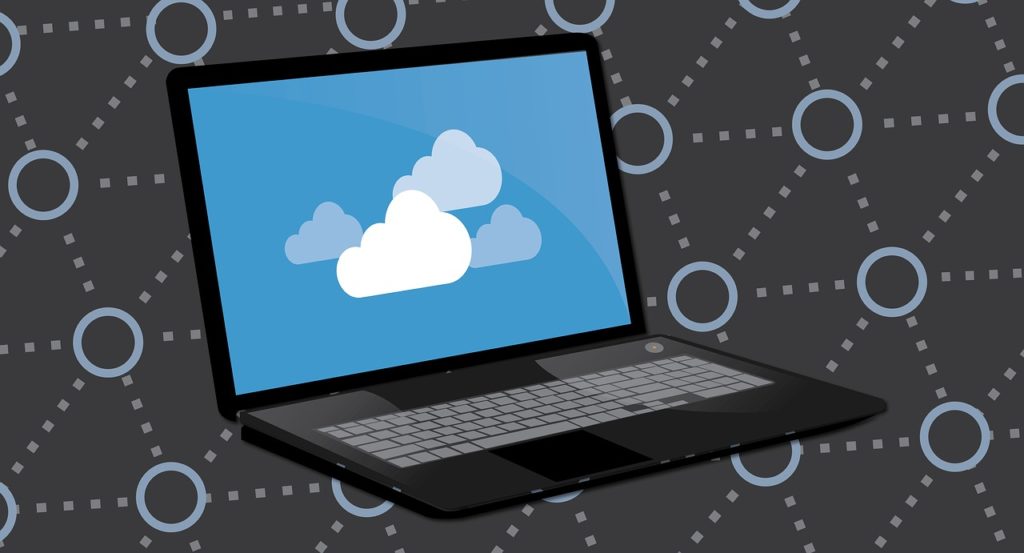
There isn’t a computer user who doesn’t make mistakes. Even if you’ve been using a computer for a long time, you are still not immune to some of these common computer mistakes every user should avoid.
1. Default installations
Everybody loves free software, but nobody likes the useless add-ons that often get installed together with some popular programs. These junk toolbars and add-ons get installed when you are using the default installation (when you keep clicking Next). What you should do is always see which checkboxes are selected by default and choosing Custom Installation whenever possible. And if you ended up installing an annoying toolbar, our FileCleaner will get rid of it for you within seconds.
2. Using pre-installed software
When you buy a laptop, it comes with all sorts of pre-installed software. Not all pre-installed applications are bad, but a lot of them are absolutely useless. You don’t really need all these trial versions of the programs you will never use or buy. Plus all this pre-installed stuff makes your computer slow. So it’s a really good idea to uninstall the programs you don’t need the day you get your new laptop.
3. Not rebooting your computer
Both Windows and Mac users often complain that their computer has become really slow for no apparent reason. You will laugh, but the most common fix for this problem is simply rebooting your computer (or switching it off and turning it back on). Restarting your computer can also fix all sorts of temporary problems like issues with your WiFi connection and programs using too much memory.
4. Not updating your software
This is another very common mistake both PC and Mac users make. With all the errors programs may have and all these security issues with Windows and Mac OS, it’s vitally important to keep both your operating system and software up to date. The best solution is to configure your computer to download and install updates automatically. And if’d rather choose which updates to install and which not to, at least configure your system to notify you of new updates as soon as they become available.
5. Not backing up your computer
And last but not least, another very common mistake – failing to back up your files and operating system. This may seem unnecessary when everything is working well, but you will be very sorry if you lose everything in one unfortunate crash. At the very least you should back up your important files to an external hard drive. And if you are a Mac user, take advantage of Time Machine.

